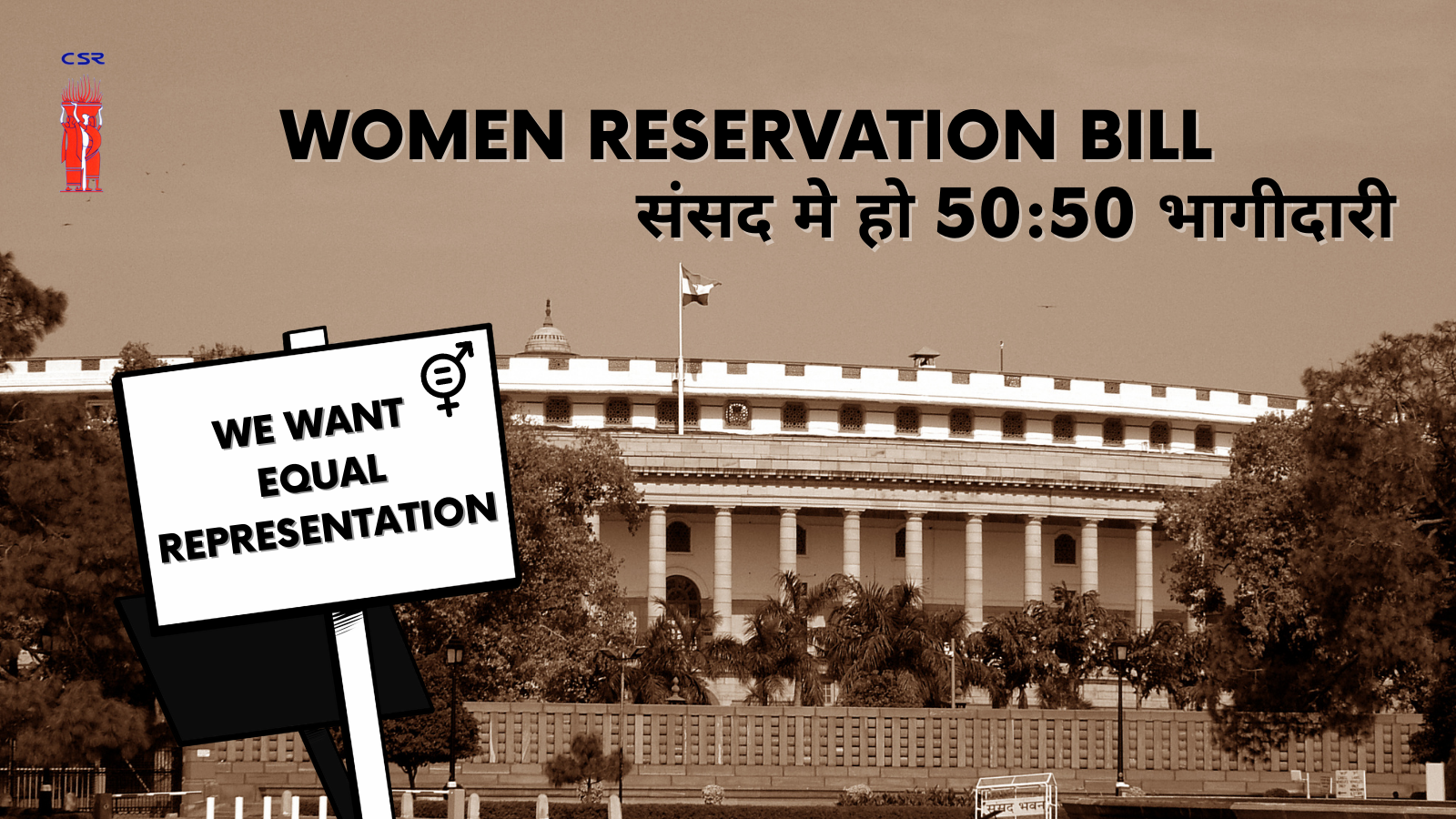It is time for India to take a stand for gender equality and empower women in politics. Despite constituting almost half of India’s population, women are currently underrepresented in the Lok Sabha and state legislative assemblies, making up only 14% and 12% respectively. This is unacceptable in a democratic society that values equal representation.
The Women’s Reservation Bill, also known as the Constitution (108th Amendment) Bill, offers a solution to this issue. This proposed law seeks to reserve 33% of the seats in the Lok Sabha and state legislative assemblies for women. By reserving seats for women, the bill ensures that women’s voices are heard and their interests are represented in the political process.
Some opponents argue that women can be elected on their own merits and that the reservation of seats for women is not necessary. However, the patriarchal structures and biases that prevent women from participating in politics on equal terms with men cannot be ignored. Women’s representation in politics must be actively promoted to overcome these barriers. The success of similar measures in other countries, such as the reservation of seats for women in local government in Bangladesh and quotas for women in parliament in Rwanda, shows that reserving seats for women can be effective in promoting gender equality in politics.
Others argue that the reservation of seats for women would lead to a “political dynasty” of women from powerful political families and that women who are elected through reservation would not be truly representative of women as a whole. However, this argument ignores the fact that women from diverse backgrounds and experiences would benefit from the reservation of seats and would bring a unique perspective to the political process.
Despite opposition, the Women’s Reservation Bill has widespread support among women’s rights organizations, political parties, and civil society groups. In 2010, the bill was passed in the Rajya Sabha, showing that there is strong support for the bill. It is now time for the Lok Sabha to take action and pass this important piece of legislation.
In conclusion, the Women’s Reservation Bill is a necessary step towards promoting gender equality and empowering women in Indian politics. The underrepresentation of women in the political process is a persistent problem that must be addressed. By reserving seats for women, the bill ensures that women’s voices are heard and their interests are represented. It is time for India to take a stand for gender equality and pass the Women’s Reservation Bill.





